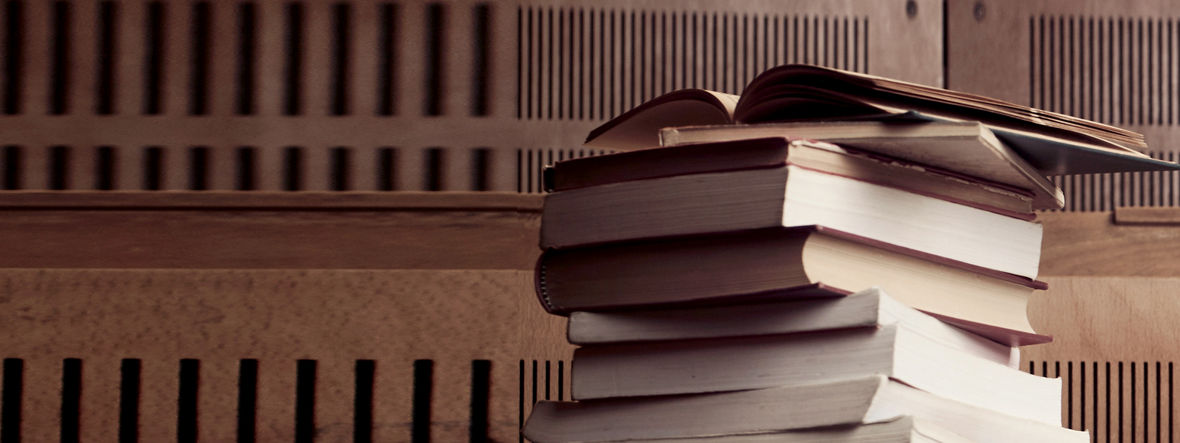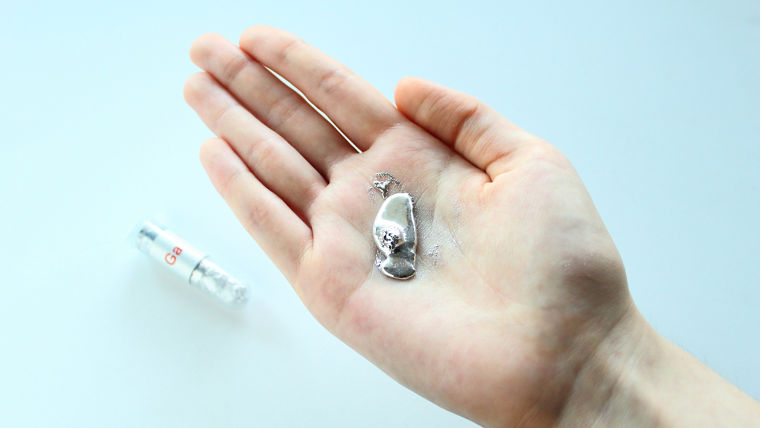In my element - Gallium
What especially fascinates me about it is that if you take a piece of gallium in your hand, it becomes a silvery-white mass that flows between your fingers. It stays liquid even after it has cooled off again. To make it solid again, you have to add a seed crystal or cool it off even more. In order to learn more about rare elements such as gallium, I’ve been studying chemistry for two semesters at the Ruhr University in Bochum. I’m one of about 100 participants of this special program—and the only one who’s studying chemistry. At the same time, I’m attending eighth grade at a comprehensive school. At 14, I’m by far the youngest student in the lectures. The first lecture I attended was called “General Chemistry.” I did feel a bit weird when I first saw this huge auditorium filled with more than 100 students. But I’m not bothered by the fact that my fellow students are much older than me. I actually understood everything the instructor said right away. The only things I didn’t know yet were some of the formulas. Highschoolers can study any subject at the university in Bochum. When people ask me why I’m studying chemistry, I tell them I can turn my room at home into a chemistry lab simply by opening the closet. It’s full of beakers, test tubes, a burner, chemicals, and an entire distillation unit. I started to conduct experiments at home a few years ago. I began to take chemistry classes in seventh grade, but they were boring. The lectures at the university are much more interesting. Normally, the special program at the Ruhr University Bochum is targeted at highschoolers in grades 10 and up, but they made an exception for me. I go to the university three days a week. The topics taught there include analytical chemistry, organic chemistry, and the statistical evaluation of data. I have to make up the classwork that I missed at school. Like the other college students, I take exams at the end of each semester. The only drawback is that I can’t earn a bachelor’s degree until after I receive my high school diploma.”




